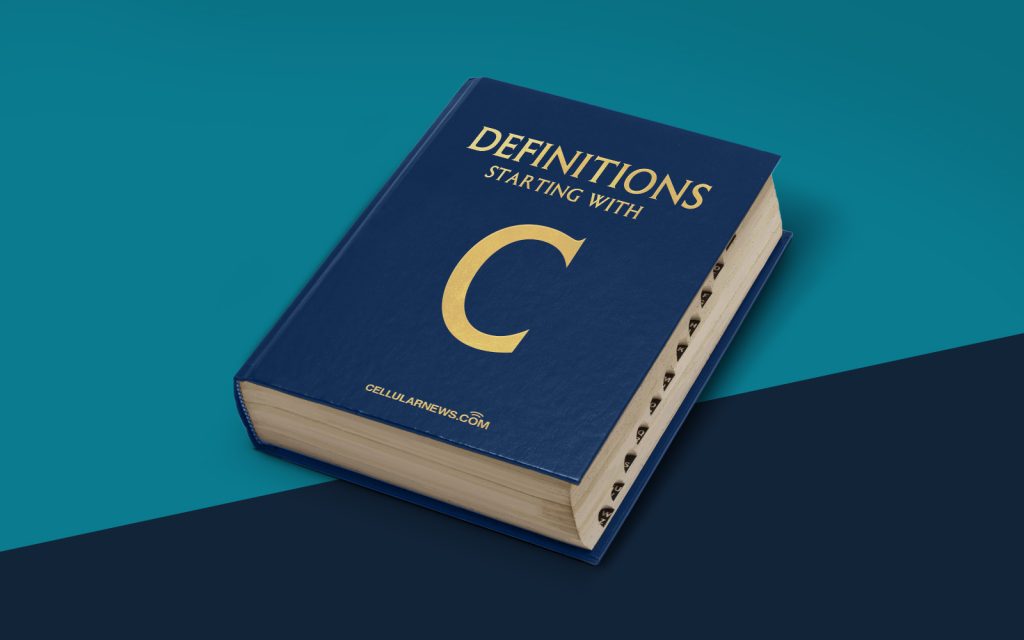
Introducing Cardano: A Revolution in Blockchain Technology
Imagine a world where financial systems are transparent, secure, and accessible to everyone. A world where individuals have full control over their assets, without the need for intermediaries. This is the promise of Cardano (ADA), a revolutionary blockchain platform that aims to reshape the way we think about digital currencies and decentralized applications. In this article, we will explore the definition, features, use cases, and future of Cardano.
Key Takeaways:
- Cardano (ADA) is a blockchain platform that offers a secure, transparent, and decentralized infrastructure for digital currencies and applications.
- Cardano’s key features include a proof-of-stake consensus mechanism, smart contract functionality, and a unique layered architecture, which ensures scalability and sustainability.
Defining Cardano: The Next Generation Blockchain
Cardano is a third-generation blockchain platform designed to address the limitations of earlier generations, such as scalability, security, and sustainability. It was founded by Charles Hoskinson, one of the co-founders of Ethereum, and his team at IOHK (Input Output Hong Kong).
At its core, Cardano leverages a unique proof-of-stake consensus mechanism called Ouroboros, which ensures a secure and energy-efficient network. Unlike the resource-intensive proof-of-work consensus used by Bitcoin, Ouroboros allows ADA holders to participate in the validation process and earn rewards proportional to their stake in the network. This not only reduces energy consumption but also ensures a more democratic and decentralized network.
Features of Cardano
Cardano offers several features that set it apart from other blockchain platforms:
- Layered Architecture: Cardano’s blockchain architecture is built in layers, allowing for the separation of different functions. This enables scalability and flexibility, as updates and improvements can be made to specific layers without affecting the entire system.
- Smart Contracts: Similar to Ethereum, Cardano supports smart contracts. These self-executing contracts enable the creation and execution of decentralized applications (DApps) and allow users to define custom rules and conditions for their transactions.
- Formal Verification: Cardano aims to ensure the security and reliability of its blockchain by utilizing formal verification methods. Formal verification involves mathematically proving the correctness of software or protocols, reducing the risk of vulnerabilities or bugs.
- Sustainability: Cardano has a strong focus on sustainability and long-term growth. The platform operates through a treasury system that funds ongoing development and maintenance, ensuring the project’s viability in the future.
Use Cases of Cardano
Cardano’s versatility opens up a wide range of use cases across various industries:
- Financial Services: Cardano aims to empower individuals by providing secure and transparent financial services. From cross-border payments and remittances to decentralized lending and asset management, Cardano has the potential to transform traditional financial systems.
- Supply Chain Management: With its traceability and transparency features, Cardano can revolutionize supply chain management, reducing fraud, and ensuring the authenticity of products.
- Healthcare: Cardano’s blockchain framework can improve the security and privacy of medical records, enable data sharing between healthcare providers, and enhance research collaboration.
- Gaming: The Cardano platform can support the development of decentralized games, offering enhanced security and ownership of in-game assets.
The Future of Cardano
Cardano has already achieved significant milestones since its launch in 2017. With a growing community of developers and supporters, the future looks bright for this innovative blockchain platform.
As Cardano continues to enhance its functionality, it aims to become a global financial operating system that enables secure, transparent, and accessible transactions. The ongoing development of smart contract functionalities, the integration of sidechains, and the implementation of interoperability solutions are some of the exciting advancements planned for the future.
In conclusion, Cardano (ADA) is not just a digital currency but a powerful blockchain platform with immense potential. Its innovative features, scalability, and commitment to sustainability set it apart from other blockchain projects. As Cardano continues to evolve, it has the potential to revolutionize numerous industries and shape the future of decentralized applications.
Disclaimer: The information provided in this blog post is for educational purposes only and should not be considered as financial advice. Cryptocurrency investments are subject to market risk, and readers should do their own research before making any investment decisions.
